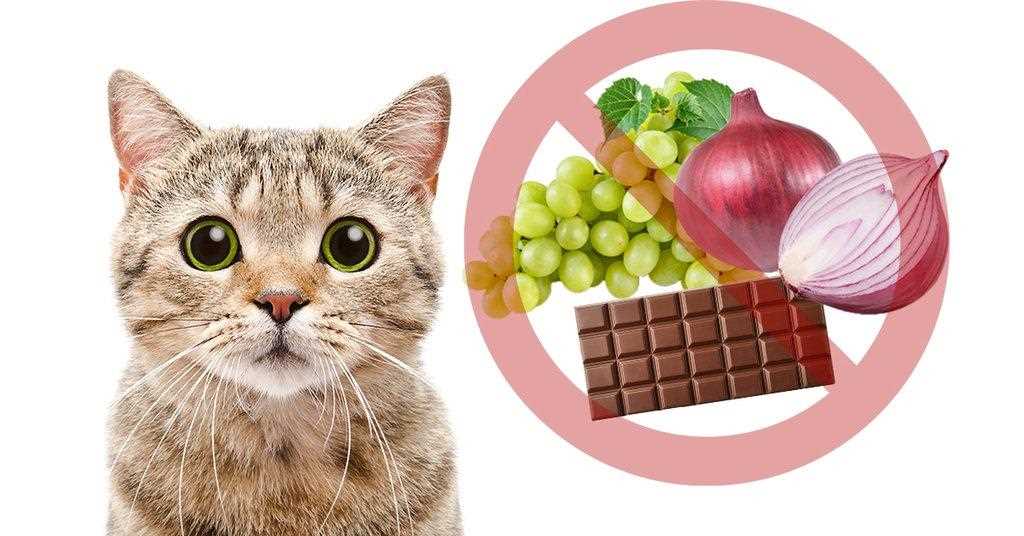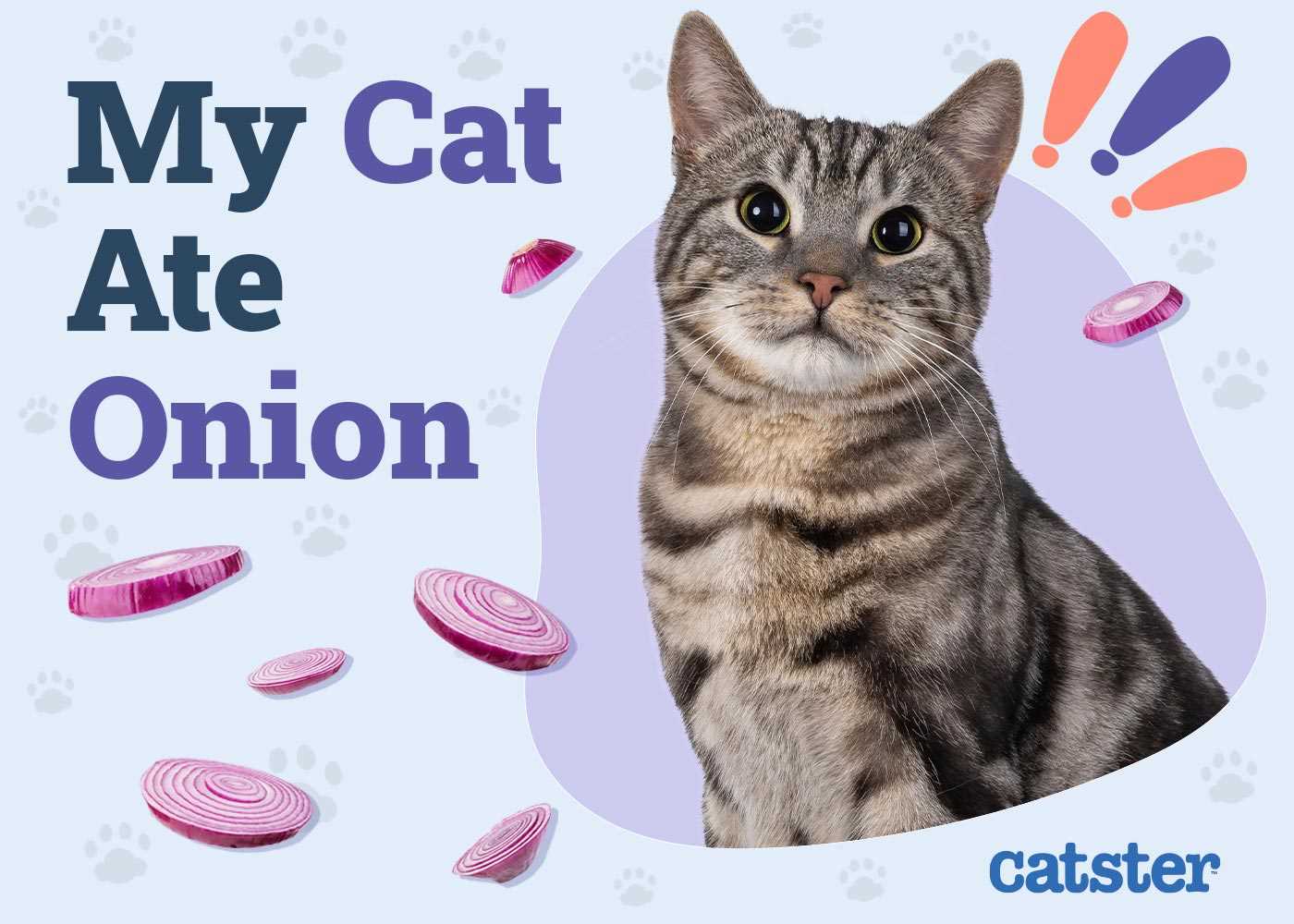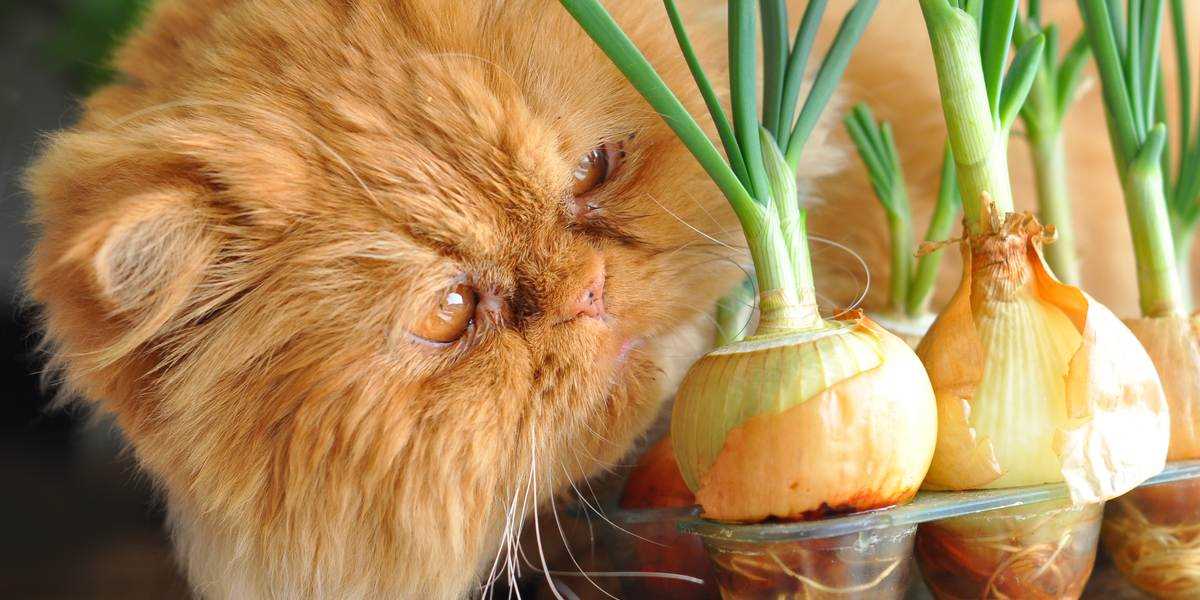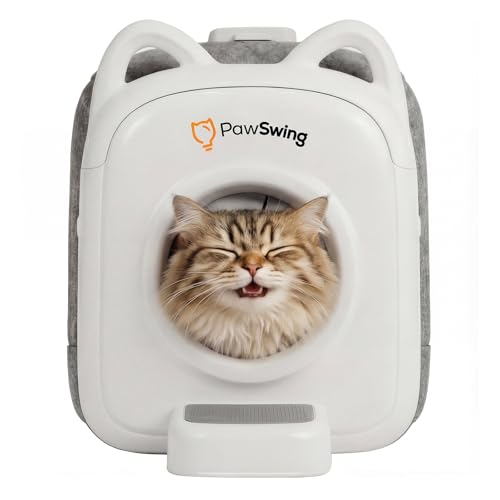

As a savvy Scottish Fold with my own online presence, I’ve done my homework on the safety of certain foods for us furry companions. The quick answer is: no, it’s not a safe choice. Substances derived from this bulbous vegetable can lead to serious health concerns in our kind.
Consuming any form of this seasoning can cause a condition known as hemolytic anemia, which affects red blood cells. Symptoms like lethargy, weakness, and even gastrointestinal upset may arise. If you suspect ingestion, it’s crucial to consult a veterinarian immediately.
Always check the ingredients in treats and meals. Many human foods contain hidden risks, so staying informed is essential for our well-being. Stick to feline-approved snacks to keep us happy and healthy.
Is Onion Powder Bad for Cats
Absolutely, it is harmful. Consuming this seasoning can lead to serious health issues. I’ve seen many of my furry friends suffer from digestive problems after sneaking a taste of human food that contained it.
Here are some key points to consider:
- Exposure can cause hemolytic anemia, a condition where red blood cells are destroyed faster than they can be produced.
- Symptoms include weakness, lethargy, and a decrease in appetite. If you notice any of these signs, seek veterinary care immediately.
- Even small amounts can be dangerous, so it’s best to avoid giving any food that contains this ingredient.
Always check labels on human food before sharing. Keeping us safe means being aware of what’s in your meals. Remember, what’s tasty for humans isn’t always safe for us!
Understanding the Toxicity of Onion Powder for Cats

Consuming any form of this ingredient can lead to serious health issues in felines. The compounds present in this substance, particularly thiosulfate, are harmful and can cause oxidative damage to red blood cells, resulting in hemolytic anemia.
Symptoms of toxicity may include lethargy, weakness, vomiting, and a noticeable decrease in appetite. If you suspect ingestion, immediate veterinary attention is crucial. Blood tests can determine the extent of the damage and guide treatment.
Prevention is key. Always read ingredient labels on pet food and treats. Ensure that no traces of this ingredient are present in any food you offer. Educating yourself and others about the dangers associated with this ingredient will help keep our feline friends safe.
It’s also beneficial to know which common human foods are safe for cats. Always opt for cat-friendly snacks to ensure their well-being and health.
Symptoms of Onion Powder Poisoning in Cats
If you suspect that your feline friend has ingested harmful substances, look out for specific signs. Symptoms may include vomiting, diarrhea, and general lethargy. You might also notice a decrease in appetite or signs of abdominal pain.
More serious indicators are pale gums, rapid heart rate, and weakness. These could suggest more severe reactions and should prompt immediate veterinary attention. If your companion shows any of these symptoms after exposure to toxic items, contacting a veterinarian is essential.
In some cases, cats may also exhibit unusual behaviors such as increased drooling or a change in their normal activity levels. It’s crucial to observe any changes closely. For further reading on other potential hazards, check out this link: is green tea toxic to cats.
Safe Alternatives to Onion Powder for Cat Owners

For my human companions looking to spice up their meals without risking my health, here are some safe and tasty alternatives:
Herbs and Spices
Many herbs and spices can enhance flavor without posing any danger. Here are some options:
| Herb/Spice | Benefits |
|---|---|
| Basil | Rich in antioxidants and has anti-inflammatory properties. |
| Parsley | Supports fresh breath and is safe in small amounts. |
| Thyme | Contains vitamins C and K, aiding overall health. |
| Sage | Offers antimicrobial properties and is safe in small doses. |
Fruits and Vegetables
Some fruits and veggies can be great additions to meals without the risks. Consider these:
| Fruit/Vegetable | Benefits |
|---|---|
| Carrots | Good source of beta-carotene and promotes healthy vision. |
| Blueberries | High in antioxidants and beneficial for immune support. |
| Sweet Potatoes | Excellent source of vitamins and fiber, safe in moderation. |
| Green Beans | Low in calories and high in nutrients, a crunchy treat. |
By using these alternatives, my humans can keep meals flavorful while ensuring I stay safe and healthy. Always check with a vet before introducing anything new to our diets to avoid any surprises!
What to Do If Your Cat Ingests Onion Powder

If I find myself in a situation where I’ve consumed any harmful ingredient, the first step is to stay calm. It’s important to monitor how I react after the incident. If I show any signs of distress, such as vomiting, lethargy, or difficulty breathing, immediate action is necessary.
Contacting my human’s veterinarian should be the next move. They can provide the best guidance based on my symptoms. It’s helpful if my human can provide details about the amount ingested and when it happened. This information can assist the vet in determining the right course of action.
If the ingestion was recent, the vet may suggest inducing vomiting to prevent further absorption of the toxic substance. My human should never attempt this without professional guidance, as it can cause more harm than good if done improperly.
In case I don’t exhibit any immediate symptoms, a vet visit is still wise, as some effects may not appear right away. Regular monitoring over the next few hours is essential, and my human should be alert for any changes in my behavior.
Additionally, keeping an eye on my diet to ensure I’m not exposed to any other harmful substances in the future is crucial. Removing any questionable items from my reach will help keep me safe.
Video:
As a savvy Scottish Fold with my own online presence, I’ve done my homework on the safety of certain foods for us furry companions. The quick answer is: no, it’s not a safe choice. Substances derived from this bulbous vegetable can lead to serious health concerns in our kind.
Consuming any form of this seasoning can cause a condition known as hemolytic anemia, which affects red blood cells. Symptoms like lethargy, weakness, and even gastrointestinal upset may arise. If you suspect ingestion, it’s crucial to consult a veterinarian immediately.
Always check the ingredients in treats and meals. Many human foods contain hidden risks, so staying informed is essential for our well-being. Stick to feline-approved snacks to keep us happy and healthy.
Is Onion Powder Bad for Cats
Absolutely, it is harmful. Consuming this seasoning can lead to serious health issues. I’ve seen many of my furry friends suffer from digestive problems after sneaking a taste of human food that contained it.
Here are some key points to consider:
- Exposure can cause hemolytic anemia, a condition where red blood cells are destroyed faster than they can be produced.
- Symptoms include weakness, lethargy, and a decrease in appetite. If you notice any of these signs, seek veterinary care immediately.
- Even small amounts can be dangerous, so it’s best to avoid giving any food that contains this ingredient.
Always check labels on human food before sharing. Keeping us safe means being aware of what’s in your meals. Remember, what’s tasty for humans isn’t always safe for us!
Understanding the Toxicity of Onion Powder for Cats

Consuming any form of this ingredient can lead to serious health issues in felines. The compounds present in this substance, particularly thiosulfate, are harmful and can cause oxidative damage to red blood cells, resulting in hemolytic anemia.
Symptoms of toxicity may include lethargy, weakness, vomiting, and a noticeable decrease in appetite. If you suspect ingestion, immediate veterinary attention is crucial. Blood tests can determine the extent of the damage and guide treatment.
Prevention is key. Always read ingredient labels on pet food and treats. Ensure that no traces of this ingredient are present in any food you offer. Educating yourself and others about the dangers associated with this ingredient will help keep our feline friends safe.
It’s also beneficial to know which common human foods are safe for cats. Always opt for cat-friendly snacks to ensure their well-being and health.
Symptoms of Onion Powder Poisoning in Cats
If you suspect that your feline friend has ingested harmful substances, look out for specific signs. Symptoms may include vomiting, diarrhea, and general lethargy. You might also notice a decrease in appetite or signs of abdominal pain.
More serious indicators are pale gums, rapid heart rate, and weakness. These could suggest more severe reactions and should prompt immediate veterinary attention. If your companion shows any of these symptoms after exposure to toxic items, contacting a veterinarian is essential.
In some cases, cats may also exhibit unusual behaviors such as increased drooling or a change in their normal activity levels. It’s crucial to observe any changes closely. For further reading on other potential hazards, check out this link: is green tea toxic to cats.
Safe Alternatives to Onion Powder for Cat Owners

For my human companions looking to spice up their meals without risking my health, here are some safe and tasty alternatives:
Herbs and Spices
Many herbs and spices can enhance flavor without posing any danger. Here are some options:
| Herb/Spice | Benefits |
|---|---|
| Basil | Rich in antioxidants and has anti-inflammatory properties. |
| Parsley | Supports fresh breath and is safe in small amounts. |
| Thyme | Contains vitamins C and K, aiding overall health. |
| Sage | Offers antimicrobial properties and is safe in small doses. |
Fruits and Vegetables
Some fruits and veggies can be great additions to meals without the risks. Consider these:
| Fruit/Vegetable | Benefits |
|---|---|
| Carrots | Good source of beta-carotene and promotes healthy vision. |
| Blueberries | High in antioxidants and beneficial for immune support. |
| Sweet Potatoes | Excellent source of vitamins and fiber, safe in moderation. |
| Green Beans | Low in calories and high in nutrients, a crunchy treat. |
By using these alternatives, my humans can keep meals flavorful while ensuring I stay safe and healthy. Always check with a vet before introducing anything new to our diets to avoid any surprises!
What to Do If Your Cat Ingests Onion Powder

If I find myself in a situation where I’ve consumed any harmful ingredient, the first step is to stay calm. It’s important to monitor how I react after the incident. If I show any signs of distress, such as vomiting, lethargy, or difficulty breathing, immediate action is necessary.
Contacting my human’s veterinarian should be the next move. They can provide the best guidance based on my symptoms. It’s helpful if my human can provide details about the amount ingested and when it happened. This information can assist the vet in determining the right course of action.
If the ingestion was recent, the vet may suggest inducing vomiting to prevent further absorption of the toxic substance. My human should never attempt this without professional guidance, as it can cause more harm than good if done improperly.
In case I don’t exhibit any immediate symptoms, a vet visit is still wise, as some effects may not appear right away. Regular monitoring over the next few hours is essential, and my human should be alert for any changes in my behavior.
Additionally, keeping an eye on my diet to ensure I’m not exposed to any other harmful substances in the future is crucial. Removing any questionable items from my reach will help keep me safe.
Video:
As a savvy Scottish Fold with my own online presence, I’ve done my homework on the safety of certain foods for us furry companions. The quick answer is: no, it’s not a safe choice. Substances derived from this bulbous vegetable can lead to serious health concerns in our kind.
Consuming any form of this seasoning can cause a condition known as hemolytic anemia, which affects red blood cells. Symptoms like lethargy, weakness, and even gastrointestinal upset may arise. If you suspect ingestion, it’s crucial to consult a veterinarian immediately.
Always check the ingredients in treats and meals. Many human foods contain hidden risks, so staying informed is essential for our well-being. Stick to feline-approved snacks to keep us happy and healthy.
Is Onion Powder Bad for Cats
Absolutely, it is harmful. Consuming this seasoning can lead to serious health issues. I’ve seen many of my furry friends suffer from digestive problems after sneaking a taste of human food that contained it.
Here are some key points to consider:
- Exposure can cause hemolytic anemia, a condition where red blood cells are destroyed faster than they can be produced.
- Symptoms include weakness, lethargy, and a decrease in appetite. If you notice any of these signs, seek veterinary care immediately.
- Even small amounts can be dangerous, so it’s best to avoid giving any food that contains this ingredient.
Always check labels on human food before sharing. Keeping us safe means being aware of what’s in your meals. Remember, what’s tasty for humans isn’t always safe for us!
Understanding the Toxicity of Onion Powder for Cats

Consuming any form of this ingredient can lead to serious health issues in felines. The compounds present in this substance, particularly thiosulfate, are harmful and can cause oxidative damage to red blood cells, resulting in hemolytic anemia.
Symptoms of toxicity may include lethargy, weakness, vomiting, and a noticeable decrease in appetite. If you suspect ingestion, immediate veterinary attention is crucial. Blood tests can determine the extent of the damage and guide treatment.
Prevention is key. Always read ingredient labels on pet food and treats. Ensure that no traces of this ingredient are present in any food you offer. Educating yourself and others about the dangers associated with this ingredient will help keep our feline friends safe.
It’s also beneficial to know which common human foods are safe for cats. Always opt for cat-friendly snacks to ensure their well-being and health.
Symptoms of Onion Powder Poisoning in Cats
If you suspect that your feline friend has ingested harmful substances, look out for specific signs. Symptoms may include vomiting, diarrhea, and general lethargy. You might also notice a decrease in appetite or signs of abdominal pain.
More serious indicators are pale gums, rapid heart rate, and weakness. These could suggest more severe reactions and should prompt immediate veterinary attention. If your companion shows any of these symptoms after exposure to toxic items, contacting a veterinarian is essential.
In some cases, cats may also exhibit unusual behaviors such as increased drooling or a change in their normal activity levels. It’s crucial to observe any changes closely. For further reading on other potential hazards, check out this link: is green tea toxic to cats.
Safe Alternatives to Onion Powder for Cat Owners

For my human companions looking to spice up their meals without risking my health, here are some safe and tasty alternatives:
Herbs and Spices
Many herbs and spices can enhance flavor without posing any danger. Here are some options:
| Herb/Spice | Benefits |
|---|---|
| Basil | Rich in antioxidants and has anti-inflammatory properties. |
| Parsley | Supports fresh breath and is safe in small amounts. |
| Thyme | Contains vitamins C and K, aiding overall health. |
| Sage | Offers antimicrobial properties and is safe in small doses. |
Fruits and Vegetables
Some fruits and veggies can be great additions to meals without the risks. Consider these:
| Fruit/Vegetable | Benefits |
|---|---|
| Carrots | Good source of beta-carotene and promotes healthy vision. |
| Blueberries | High in antioxidants and beneficial for immune support. |
| Sweet Potatoes | Excellent source of vitamins and fiber, safe in moderation. |
| Green Beans | Low in calories and high in nutrients, a crunchy treat. |
By using these alternatives, my humans can keep meals flavorful while ensuring I stay safe and healthy. Always check with a vet before introducing anything new to our diets to avoid any surprises!
What to Do If Your Cat Ingests Onion Powder

If I find myself in a situation where I’ve consumed any harmful ingredient, the first step is to stay calm. It’s important to monitor how I react after the incident. If I show any signs of distress, such as vomiting, lethargy, or difficulty breathing, immediate action is necessary.
Contacting my human’s veterinarian should be the next move. They can provide the best guidance based on my symptoms. It’s helpful if my human can provide details about the amount ingested and when it happened. This information can assist the vet in determining the right course of action.
If the ingestion was recent, the vet may suggest inducing vomiting to prevent further absorption of the toxic substance. My human should never attempt this without professional guidance, as it can cause more harm than good if done improperly.
In case I don’t exhibit any immediate symptoms, a vet visit is still wise, as some effects may not appear right away. Regular monitoring over the next few hours is essential, and my human should be alert for any changes in my behavior.
Additionally, keeping an eye on my diet to ensure I’m not exposed to any other harmful substances in the future is crucial. Removing any questionable items from my reach will help keep me safe.









